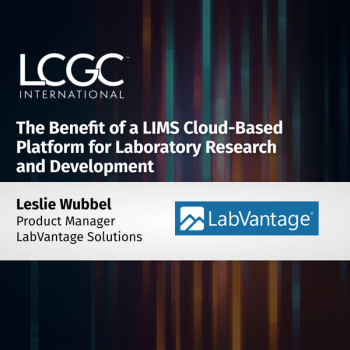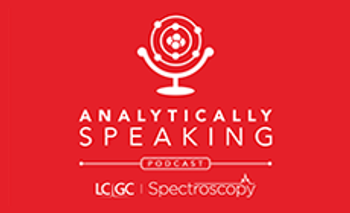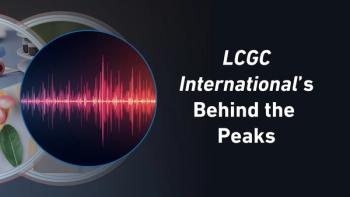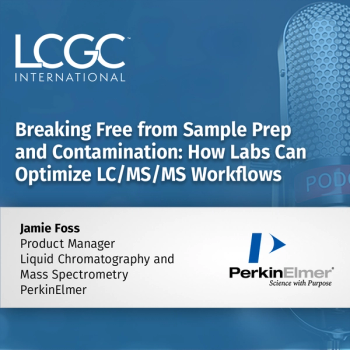
Leslie Wubbel, SaaS Product Manager at LabVantage, shares how the LabVantage cloud-based Laboratory Information Management System (LIMS) platform enables laboratories to digitally transform operations, unify workflows, and improve scalability across various industries. The discussion highlights market forces driving LIMS adoption, projected to grow by $1.6 billion, and explains how the platform utilizes Software as a Service (SaaS) and AI capabilities to accelerate R&D and go-to-market timelines. Learn more about:










